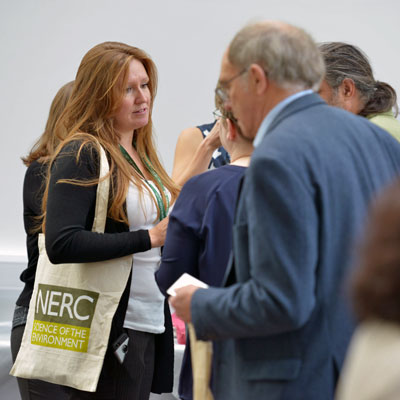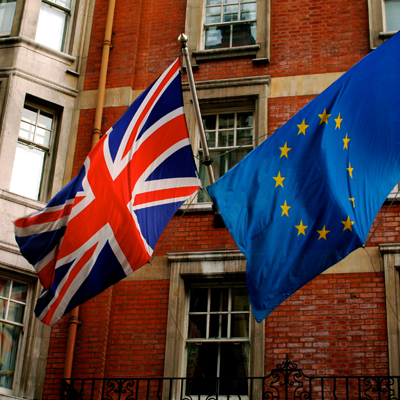A Cranfield University academic who has devoted 20 years to studying the psychology of MPs is urging those feeling stressed by Brexit to look after their wellbeing to help maintain clear thinking.
Professor Richard Kwiatkowski, Professor of Organisational Psychology at Cranfield School of Management and a trained psychologist, presented the findings of his latest research to the annual conference of the British Psychological Society today (1 May).
Among his recommendations, he urged MPs to:
- Acknowledge the stress they are under and the reality of current threats to their personal identity and safety. Seek social support from family and friends – including, but not limited to, MPs – and ask for professional help if they need it
- Ensure a balance of activities and not devalue routine work, such as helping constituents, committee work and All-Party Parliamentary Groups (APPGs)
- Remember they are critical to democracy and recognise that it is their duty to maintain their own optimal functioning, as stress impacts clear thinking. Consider if the culture and mode of working of parliament is conducive to good health and clear thinking.
Professor Kwiatkowski said: “The well-being of MPs is crucial for all of us. They have to be able to make good decisions on difficult matters on our behalf. The strain, pressure, publicity, threats, anxiety, long hours, fatigue and risk to one’s self-image conspire to make the job a difficult and often thankless one.
“Though it may be an unpopular thing to say, MPs need to look after themselves. Their physical and mental state has a significant impact. High levels of stress have a negative impact on clarity of thought, and at the moment we need our MPs to think clearly. Addressing these issues directly can help MPs – and anyone who is suffering serious stress at work.”
Professor Kwiatkowski’s paper is based on in-depth interviews with MPs conducted before and after the Brexit referendum in 2016. Being part of a 20-year study enables comparisons to be made with other times of crisis for parliamentarians, such as the Iraq War, the Syria vote and the expenses scandal, as well as the threat of losing office.
In his work, he describes how MPs voted in 2016, their anxieties about the result, their reactions after it, and the resulting impact on their thinking and effectiveness. He found that, as the referendum got closer, there was increasing anxiety from pro-Remain MPs, who were beginning to notice on the doorstep that – despite what the polls said – opinion was shifting. By contrast, those who were pro-Brexit remained more relaxed, especially if their constituents were also pro-Brexit.
The unexpected result of the referendum, coupled with the murder of Jo Cox MP – ‘one of their own’ – caused shock and confusion. In the aftermath, as with other collectively challenging events, MPs found day-to-day functioning in a complex and demanding institution understandably difficult.






